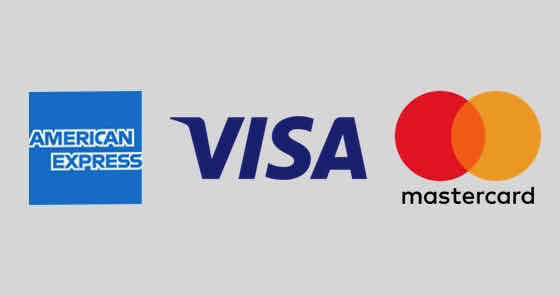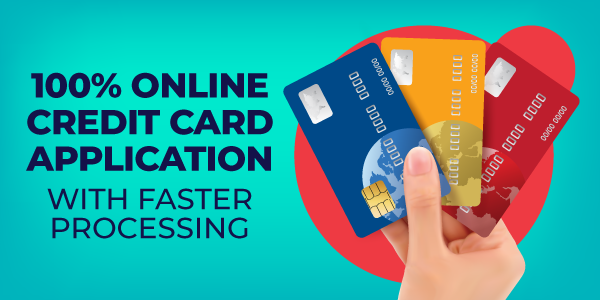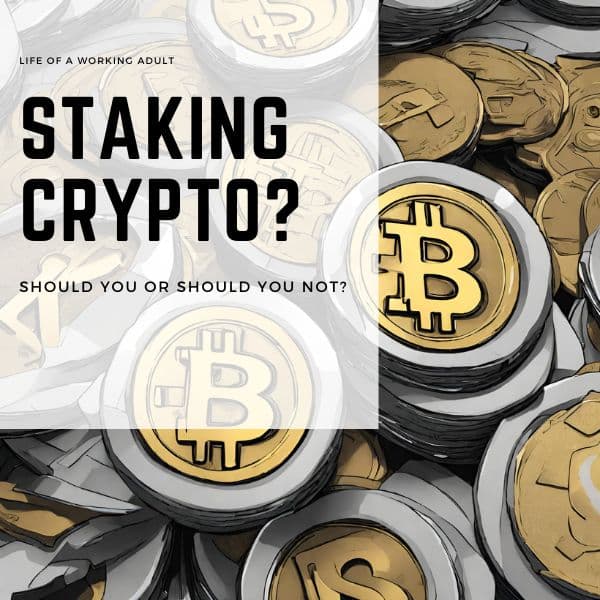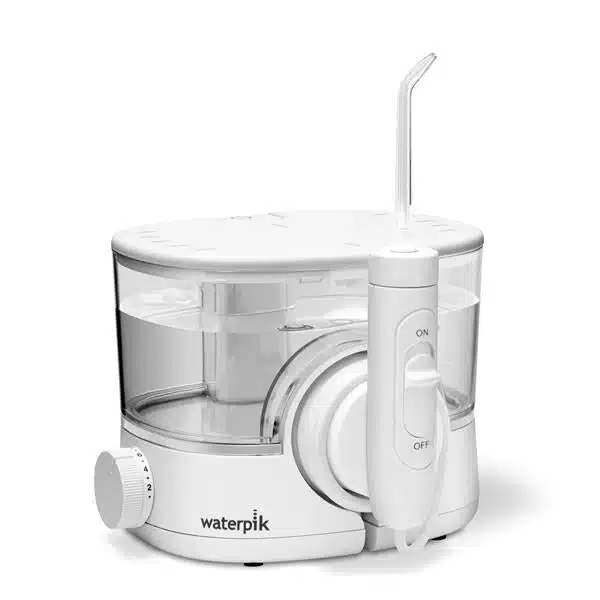Congrats! If you’re reading this post, highly likely you are confused of the many credit cards out there, and is unsure which card is best for you. Choosing a credit card can be tricky. It’s a symbol that you’re now an adult, ready for a big responsibility! Let me run you through the things to consider when choosing a credit card.
Just to note, there is no single best card that fits everyone. What is considered best for me, might not the best for you. This is just an insight on my thought process of what factors I consider in priority when choosing a credit card.

Things to Consider when Choosing a Credit Card [Malaysian Edition]
1. The intention – Why do you want a credit card?
It’s first important to establish your intention of getting a credit card. Your intention will ultimately determine which credit card is best for you. I have over the years applied and used different credit cards for different reasons. Here’s my list:
- Building your credit history. This is important, especially if you’re a fresh graduate who’s just started working. Having a good credit score greatly improves your chances of being approved for car loans, home loans and better credit cards. If this is your intention, look for a credit card with the absolute bare minimum requirements.
A great example is the CIMB e Credit Card that only requires a minimum annual income of RM24,000. - Managing a big purchase. Sometimes you need a credit card for an upcoming big purchase. It can be for purchasing a laptop, a TV or any big ticket item. In that case, look out for credit cards that give you low balance transfer interest rates or a 0% easy instalment plan.
Again, the CIMB e Credit Card shines here again with their CIMB 0% Easy Pay with 0% interest and no hidden fees. - Perks – cashback, rewards, sign-up gifts! This really depends on what your spending needs are, as different cards will give you different benefits (which I will explain later on in the article).
When I started off as a fresh graduate and begun my career, I realised the importance of building my credit history early. Hence, as soon as I started working, I applied for a credit card with my salaried bank (it’s easier to obtain approval especially when you have no credit history at all). I made sure that I paid my credit card bills on time to build a good credit score.
Now that you know why you want a credit card, let’s look at your spending habits before deciding what kind of perks you’d want from your credit card.
2. Your expenditure – What do you usually spend on?
Consider your monthly expenditures. Are you the type that spends a lot dining out? Or perhaps you prefer to be the chef at home instead, and buy a lot of groceries. Or you’re an avid traveller? Also do consider as well any recurring big ticket items that you pay yearly (e.g. car services / insurance lump sum payments, etc.) when deciding a credit card.
Read also: The Law of Demand
Some credit card reward you perks, in the form of cashback, points or miles, depending on the categories (e.g. petrol, travel, dining, groceries, online shopping, etc) you spend on. While others may just give you a blanket perk regardless of what category you spend on.
Now that you know what your spending habits are, it’s time to decide which credit card perk best suits you.
3. The perks – What kind of perks do you want?
There are many perks for using a credit card especially when you pay your full balance at the end of every month. Generally, these are the three perks that are offered by credit cards:
| Cashback | Points | Miles | |
|---|---|---|---|
| Pros | A percentage of your purchase is given back to you as cashback. Reflected automatically at the end of every billing cycle. | You earn points on your purchases. You can redeem a variety of items with points depending on the reward catalogue. | You earn miles on your purchases. Miles are like points, just that you use it to redeem flights or part of it instead. |
| Cons | There’s usually a monthly cap on the cashback per month, and there might be some spending requirements for you to fully maximise the cashback rewards. | It takes a long time to accumulate enough points to get great rewards, and your points might expire too! | It takes a long time to accumulate enough miles to claim a flight, and your miles might expire too! |
| Recommended for | Prefer instant cash to cut costs on day-to-day expenses. | You want the flexibility to exchange cash, gifts or miles. | You fly frequently. |
Out of the three perks, I prefer credit cards that offer cashback. This is because I don’t travel frequently, and credit cards that offer points can be a tad complicated in determining the final cash value you’d get from redeeming the points. I prefer instant cashback that reduces my credit card bill at the end of every billing cycle.
| My favourite cashback card: The Citi Cash Back MasterCard. This card offers you 10% cashback on 4 categories – Grab, petrol, groceries and dining, and 0.2% on other categories, if you spend a minimum of RM500 per billing cycle. It’s a pretty good deal! |
If you’re interested to know more about my top picks for cashback credit cards, I have detailed my top 3 favourite cashback credit cards here!
4. Fees – Annual fees and SST?
Most credit cards offered by banks charge an annual fee. Those that don’t usually have not much benefits or no benefits at all. Some waive the fee if you swipe a number of transactions or spend a minimum value in a year.
For example, the Hong Leong Essential credit card (another one of my favourite cashback cards for large purchases, because they don’t have a monthly cashback cap!) by Hong Leong bank offers a yearly waiver of annual fees if you swipe a minimum of 12 times or spend a minimum of RM8,000 in a year.
My personal preference is that I’d only consider credit cards that do not charge an annual fee at all, or offer a yearly waiver upon meeting certain requirements. Why pay extra for a line of credit?
Do note that you’ll still have to pay RM25 in sales and service taxes (SST) every year, which is usually not waived by the issuer of the credit card.
5. Interest rates, penalties? – Read the terms and conditions!
As credit card providers lure you in with perks, be careful of their fine print. They will charge you heavily in interests for overdue payments.
Some companies will try to lure you in with introductory offers like 0% interest rate on balance transfers. While it does sound like a good offer at first, soon they’ll start increasing interest rates drastically if you don’t pay up.
Beware of these fine print in their terms and conditions (generally):
- Finance charges: The interest rate is you pay on your credit card debt if you don’t pay on time.
- Late payment fees: The penalties you pay for not paying on time.
- Cash advance fees: The fee if you withdraw money from your credit card.
- Currency conversion fees: The fee imposed when you transact in a foreign currency.
- Spending requirements: The cashback / miles / points may sound too good to be true, read the requires first to see whether you qualify – most times there is a minimum spending requirement.
They might burn a hole in your pocket if you’re not careful!
6. Do you qualify?
Finally, after all the research and comparing, you’ve found the card for you. But wait! Does the credit card want you? Check the requirements to apply the credit card of your dreams. Normally there are these requirements:
- Income requirement – Each credit card has different income requirements. In Malaysia, a minimum income of RM24,000 annually is required to qualify for any credit card.
- Income proof – This can come in the form of EPF documents, income tax forms, salary slips or bank statements.
- Age – You must be 21 of age and above.
- Credit score – You must be of good credit health. A good score will greatly increase your chances of getting approved.
And there you have it, the best of luck in your credit card hunt!
My favourite credit cards picks
When I first started working fresh out of university, I started off my journey using credit cards that had the cashback feature rather than the points or miles. This was because as a fresh graduate, cash was scarce. I personally felt that it was better to have a card giving me for bang for my buck rather than having a card that I could collect points with, which might take some time before I could actually redeem something.
Read my reviews of my favourite cashback cards here:





